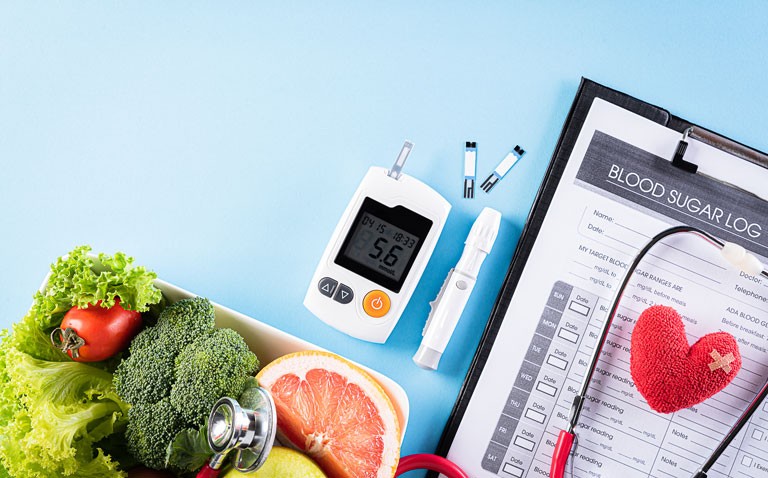An intermittent very-low calorie diet either two or four days per week achieved similar levels of remission in patients with type 2 diabetes.
Type 2 diabetes is characterised by a progressive loss of beta-cell function in the pancreas and recent data have shown that intermittent very-low calorie diets (IVLCD) can result in a marked metabolic improvement in as little as seven days. However, maintenance of a IVLCD can be difficult over time and one study found that after 12 months of intensive weight management, less than half (46%) of patients were in diabetic remission. Among obese patients, the use of intermittent very-low calorie diets (500 – 600 kcal/d) for three days each week, was found to be an effective weight loss strategy. Moreover, a similar strategy, using a IVLCD for two days per week has been successfully used in patients with type 2 diabetes.
Nevertheless, the optimal IVLCD for those with type 2 diabetes remains to be determined and this led a team from the Division of Endocrinology and Metabolism, Chulalongkorn University, Thailand, to compare different protocols of IVLCD among those with type 2 diabetes. The team undertook a randomised controlled trial that compared the impact of a two-day/week and a four-day/week IVLCD versus a control group, on glycaemic control and diabetes remission in a group of obese type 2 patients. Included patients were between 30 and 60 years of age and with type 2 diabetes diagnosed within the last 10 years. Enrolled patients had a body mass index (BMI) > 23 and a HbA1c level between 6.5 and 10%. Individuals were then randomised to either the two, or four-days/week IVLCD arm or a control group (in which they received a normal diet of 1500 – 2000 kcal/day). The IVLCD groups had an intake of 600 kcal/day on either two or four days each week. Patients were assessed every two weeks for the duration of the study (20 weeks). The primary outcome of interest was a change in glycaemic control (glucose and HbA1c) and rate of diabetes remission, defined as a HbA1c of < 6.5% in the absence of pharmacological therapy at the end of the study.
Findings
A total of 40 participants with a mean age range of 49.6 years (73% female) and a mean BMI of 30.1 were included in the final analysis. The mean duration of diabetes was 4.9 years and the baseline HbA1c was 7.4% with 90.6% of participants prescribed metformin. There were significant reductions compared to baseline in HbA1c levels in both IVLCD groups with 64% of those in the 4-day/week and 29% in the 2-day/week achieving levels < 6.5%. Furthermore, diabetes remission was achieved in 29% of patients in both the 2-day and 4-day groups. In addition, complete withdrawal of all diabetic medication occurred in 64% of the 2 day/week group and 86% of those in the 4 day/week group. The mean reduction in BMI in the 4 day/week group was 3.6 and 2.1 kg in the 2 day/week group although this difference between the two groups was not-significant.
The authors concluded that given the similar level of diabetes remission in both groups, either would be beneficial to obese type 2 diabetic patients.
Citation
UmPhonsathien M et al. Effects of intermittent very-low calorie diet on glycemic control and cardiovascular risk factors in obese patients with type 2 diabetes mellitus: A randomised controlled trial. J Diabetes Investig 2021










